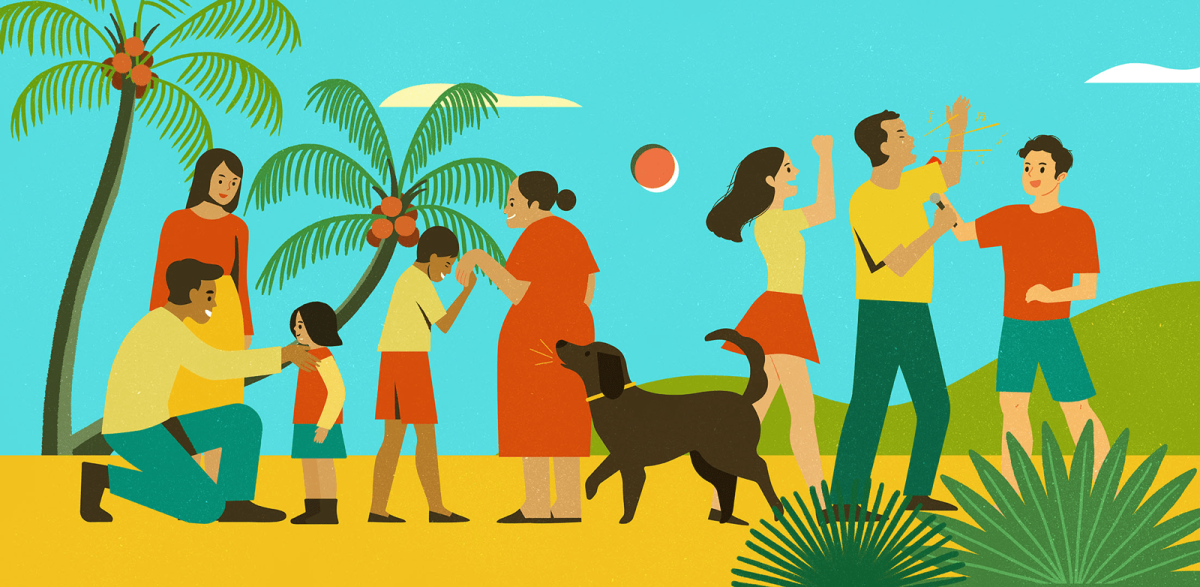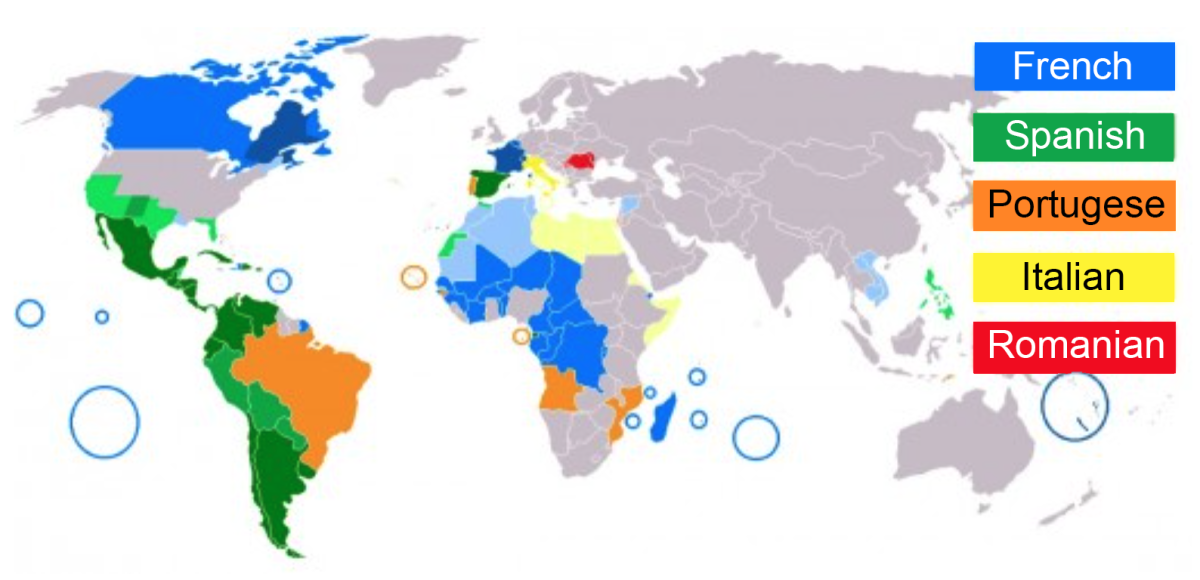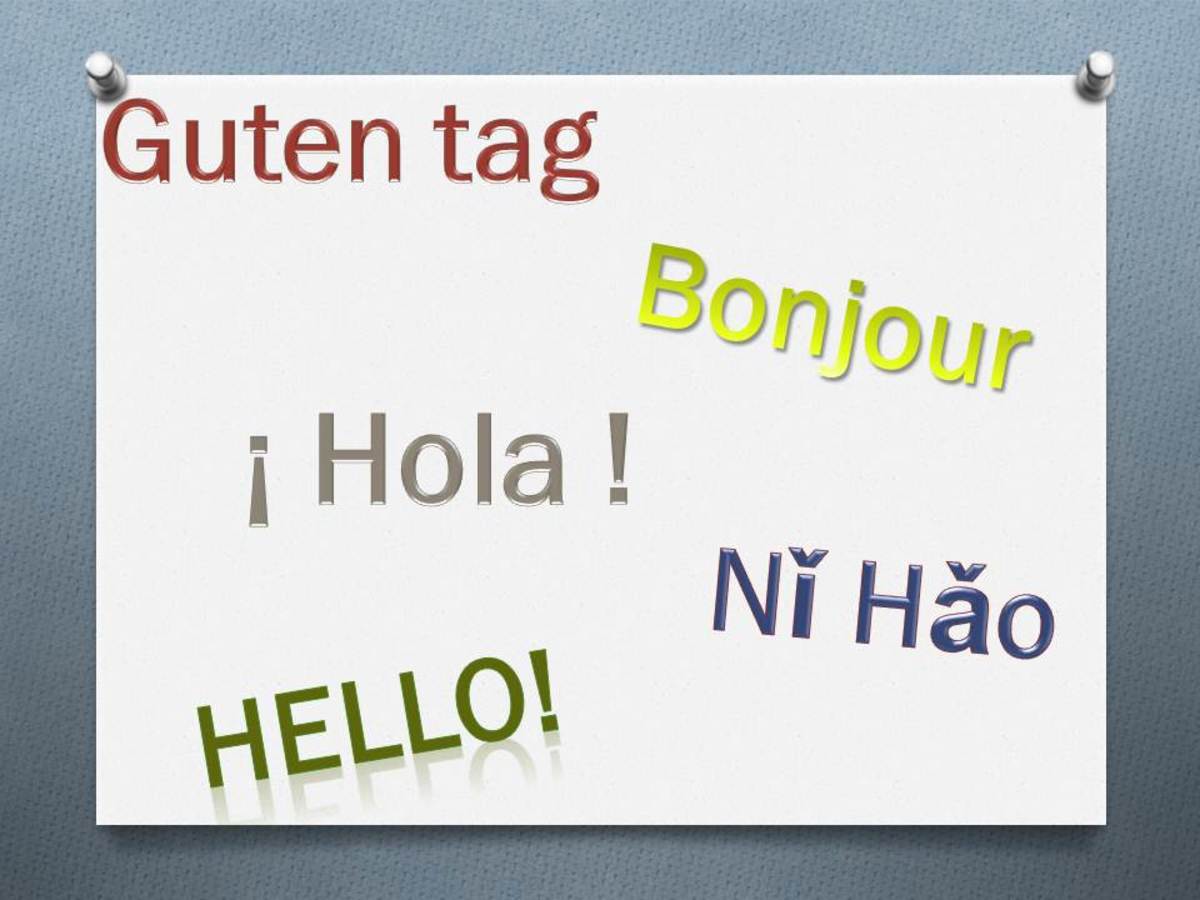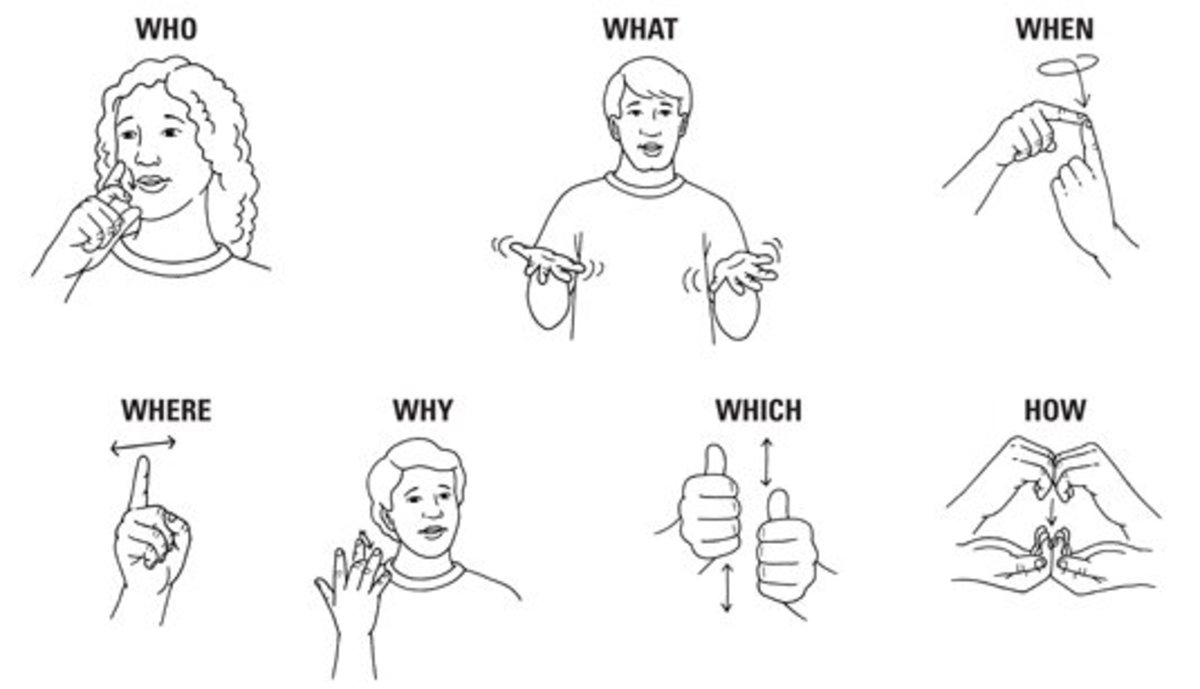Bilingual countries and districts: How it feels to grow up in a language minority
Introduction
A big hello to fellow language nerds. I grew up in a bilingual district of Switzerland and would like to tell you how that felt. This will be a personal but authentic report!
Switzerland´s languages
Switzerland. Beautiful landscapes, mountains, rivers, lakes, grassland, forests, and.. valleys. Yes, many of them. Valleys come with a clutural thing: different ways of talking.
There are 4 different languages and cultures here.Over 60% of Switzerland is Swiss-German speaking. Be careful not to confuse: we read and write in high-german (as in Germany) but talking is entirely different. Moreover, every valley, too, has a different dialect. Almost 30% is French speaking. Then there is Italian and about 1% of the population speaks Romansh, an aincent latinate language.
Bilingualism in Fribourg???
I grew up in the "bilingual" canton (= district) of Fribourg/Freiburg. A canton that has both German and French speakers. I normally use "bilingual" with a sense of sarcasm, because it was mostly French where I grew up. Without French, I would have been lost. I grew up German speaking in a French speaking canton. French, though, is a minority in the country of Switzerland. Got it?
29% of the
canton Fribourg/Freiburg are German speaking and 63% are French speaking. See
this article in German about the language.
I would like to tell you here how it felt to grow up in a minority in a minority. It is a very special combination if you think about it. I will not glorify anything here and solely include my personal experiences. I have not discussed this extensively with other people form my hometown recently, but we always felt similar. Yet, what could we do? It was our reality.
Bilingualism it is often thought of as:
"speakers are as proficient in one language as they are in the other and have as much knowledge and control over one language as they have of the other."
There are many people like that, but I personally think that you can
never reach that level for both languages at the same TIME. You will always be a little bit better in one thing at one
language than the other. It´s the language you are thinking in in this very moment that is your first language. But switching is made pretty fast, at least for me.
What I want to talk about here, however, is another problem. The cultural problem that arises, when 2 languages ( = cultures) are so closely together. I use the term "bilingualism" in a sarcastic way because for me - and my environment - bilingual simply meant the Swiss-Germans speak proper French, the French only speak French.
Extract from the article:
In einer Französisch sprechenden Familie aufgewachsen, besuchte Claudine Brohy die deutschsprachige Schule, was eher ungewöhnlich ist, denn in Freiburg sind es meist die Deutschschweizer, die zweisprachig sind.
Brought up In a french speaking family, Claudine Brohy attende the German speaking school, which is rather unusual, as in Freiburg, most bilinguals are the Swiss Germans.
It really is that way. I have experienced it like that. So German speakers make more effort to learn the other language than the other way around. Therefore I will remain secptical to that term for the rest of my life. Anyway, lets read on..
Reality looks different man
I am sorry that I have to
disappoint you: Things were offered on a plate of gold, weren´t they? It
was nothing like this romantizised imagination of "bilingualism". People often come to think that everybody in this canton speaks both languages equally. That you will be understood anywhere with both languages.. It is not that way.
When I want to be cold and straight to the point - and I know i will be hurting some French-speakers here:
Bilingualism in Fribourg means simply that:
German mothertongue people speak: German and French
French mothertongue people speak: only French.
-> That is what bilingualism in Fribourg/Freiburg means. Don´t know about other cantons, but that is the fact.
And now, let´s get straight to the point. Why do I say that?
My personal experiences and things that I disliked when in Fribourg:
- There can be 100 German speakers and one Francophon. We would all talk french.
- There can be 100 French speakers and one German speaker, we would still talk French dude. Of course! Did you expect something else?
- Humiliation by teachers: I often had the impressioin that our French teachers at school were humiliating us. Not only was the level of proficiency disproportionately
higher than in
the rest of the country, it would not get adapted to the overall level of the class. That way, the pupils with German mothertongue were disadvantaged due to their past and origin = culture. For example: I grew up speaking german mostly, we started French in grade 3 (which is per se already really early). We did not start at age 0 and therefore had less years of French tuituion than the other pupils living in a French- speaking city who heard it every day. And due to ouf french speaking relatives, I had even more experience and possibilitiy to learn than others.
- Origins do matter: depending from where you lived, you had the choice of going to German or French speaking school. For example, back in the days, if you were living in the city boundary of Fribourg, you could only go to French speaking school. If you lived in a suburb of Fribourg (maybe 2 streets away from where you live) you could choose if you want to send your child to a German or French school. We are all equal, but some of us are more equal than others.
- In a shop: expect to be ignored unless you order in French. The best case scenario is this however: you order in German, get French as answer. What´s the point of talking German then?
- Official letters often came in French, without even asking.
- If you call a helpline from fthis part of the country, you area automatically leaded to a French speaking operator.. Of course, did you expect something else? Did you expect that you could chose?
- If you arrive to Fribourg by train the loudspeaker will say "Nous arrivons a Fribourg". No translation, but we only just left Bern 15mins ago??? Why? Get off and look around you. Then you will understand: the station has a sign, like any other train station here has. It says "Fribourg" (= french way of saying it). And this canton prides itself to be "bulingual"..
- Humiliation on the streets: Every so often I would hear the French speakers rant about us "ahhh les swiss allemands".. (= oh these Swiss-Germans!!) The cultural difference??
- No chance to find a job there without knowing French. However, no problem to find a job without knowing German.
- Phone call from the dentist assistant, who knows german and can clearly SEE that our last names are German, our address is German.. leaves a message on the answering machine: French.. I once had an emergency and had to call them. Boy, I learned fast how to explain a broken tooth in french and how to INSIST that it was an emergency...
- Some streets in Fribourg-town have 2 names, at least a French one and sometimes also a
German one. Simmilar thing with names of towns/villages: The German
village names all have a French equivalent (or at least a French way of spelling it), too which is being used sometimes.
The French ones have French names. SILLY me.. now I got it!! Language follows this paradigm!
Explanation by the author
I wrote this article to inform you how it feels to grow up in a language minority. I gathered these information in my very onw past. It is my reality and not somebody elses. It is my comment of a so called "bilingual" district / city which in reality is not. I tried to give you accurate information on how I experienced it to live in a so called "bilingual" disctrict of Switzerland. I know well that there are probably several places like that on earth and I also know about countries, in which they were forced to stop talking their mothertongue. Since for me language is culture, it means that a ban of a mothertongue always also means a ban of your own culture.
The positive thing about it all was simply that: It was a big advantage for me to learn the other language easier and in one way - yes we were simply forced. I am still thankful though for knowing French quite well. However, - when I think back - it was often very frustrating.
I hope you enjoyed this article and now fire with the critics! I know you want it.. :)
Further reading, if you are interested
- German text about swiss foederalism
- Francesci, Rita. " Stimmt das Stereotyp der mehrsprachigen Schweiz?" Opladen Leske und Budrich, 2003.
Sorry about the ads here
Hubpages considers this article as "commercial". I don't know why, but I had to accept it and tick the box "this hub is commercial".. in order to publish it. .. Sorry about the ads. Not my intention.








